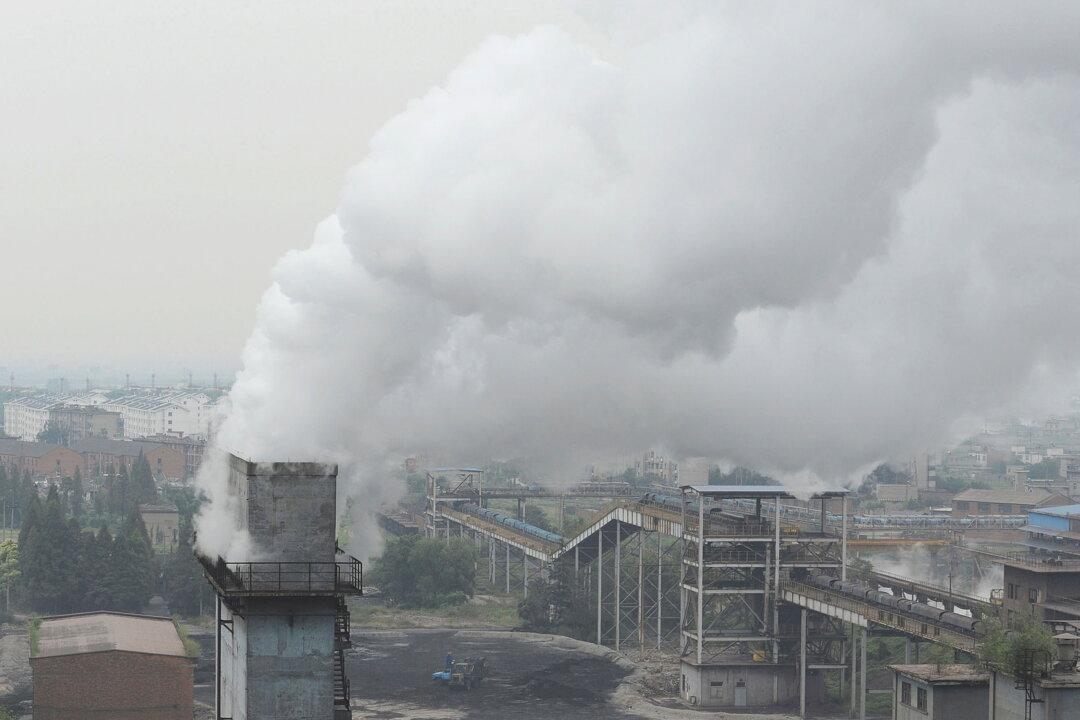SYDNEY—An international agreement to reduce coal use dragged miners’ shares lower on Monday, but the tight supply of the commodity provided a floor for a sector that has chalked up huge gains this year.
U.N. climate talks in Glasgow ended on Saturday with a deal targeting fossil fuel use. Wording was softened to call for a “phase down” rather than “phase out” of coal after lobbying from China and India, among others.





